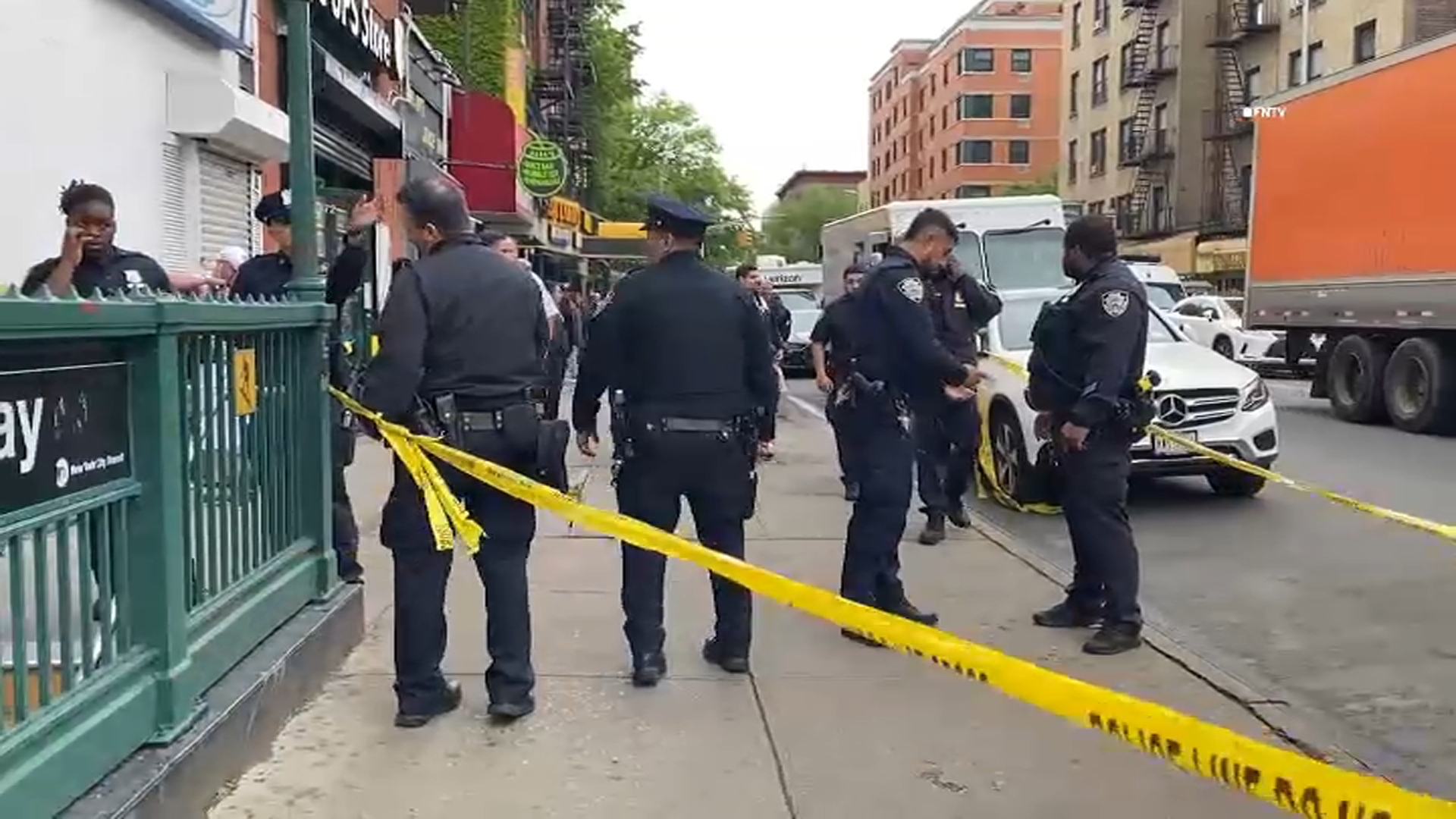This Sunday 45,000 runners from all over the world will compete in the New York City marathon and tens of thousands of New Yorkers in all five boroughs will cheer them on.
The man who created the modern marathon, Fred Lebow, died in 1994 – but the dream of his life survives. The New York City marathon has inspired other major races all over the world. What’s more, Lebow has imbued generations of long-distance runners with his passion for the sport. The thousands of runners who take off from the Verrazano Bridge will celebrate his vision. It’s fitting that New York remembers him.
Fred Lebow is an authentic New York hero, as much as Samuel Morse, who invented the telegraph; or Robert Fulton, who sailed the first steamboat up the Hudson River; or Eleanor Roosevelt, first lady from 1933 to 1945 and tireless advocate for civil rights.
Lebow was born in Romania. His family survived the Holocaust and the Soviet Russian occupation, fleeing to Israel, Czechoslovakia, the Netherlands, Israel and ultimately New York. He worked in the garment district through the 1970s and took up distance running as a hobby. In 1973, he became president of the Road Runners.
The great sports writer Red Smith called Lebow “The High Priest of Running” -- and Lebow’s passion for running was incredible. He devoted his life to the sport -- nothing was more important to him.
He told a reporter that he was in his office one beautiful spring day and “on sudden impulse, I left, went up to 90th Street and started running. It was wonderful and I told myself that if it was so important to me, it would be immoral not to deliver the message to others.”
He certainly did that, and in 1970, he created the first marathon in New York, scraping together $300 of his own money to make it possible. He died of brain cancer in 1994, having seen the race grow into the standard for many marathons staged throughout the world. Because of his declining health, he was inducted into the National Track Hall of Fame on Aug. 23 of that year, more than three months before the other inductees were honored in St. Louis.
Local
At a ceremony in Central Park, the Times reported, Lebow said: “I’m flattered and honored and I don’t deserve it. I’m just a peon. I’m awed and embarrassed.”
When his cancer was in remission in 1992, Lebow had run the five-borough marathon himself. His doctors told him it wasn’t necessary to finish the race, but he did. He covered the 26 miles, 385 yards in 5 hours, 32 minutes, 34 seconds. At the finish line he met Grete Waitz, the Norwegian racing champion. and, in tears, they embraced each other.
He pressured, cajoled and courted various mayors of New York, including Lindsay, Giuliani and Koch -- all in the interest of promoting the marathon. Koch told me today: “He shaped and built the marathon. He was intelligent and very stubborn. He had to get his way.”
“At one point, he came to my office to plead for some money to pay great foreign athletes to compete in the race," Koch added. "I didn’t think the city should do that, so I turned him down. But he went out and raised the money to pay the expenses for foreign runners to come to New York and compete.”
Koch chuckled. “He raised the money to import the runners. He got his way.”
Greece introduced the marathon race into the first modern Olympic games in Athens in 1896. It’s become part of later Olympic games in major cities around the world.
Fred Lebow lived just 62 years. But he left his imprint on New York City -- and the world. It’s been said that distance running is the only major sport where you compete against yourself. In that spirit Lebow waged his long battle to popularize the latest version of the marathon. On Sunday, New Yorkers will be celebrating another event that typifies the unconquerable spirit of New York itself.



